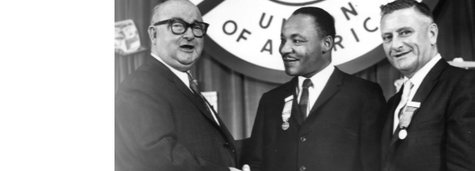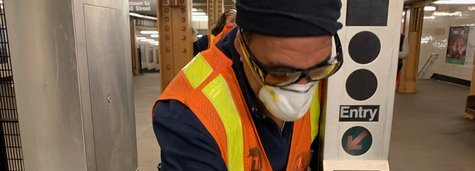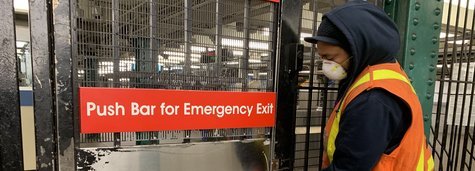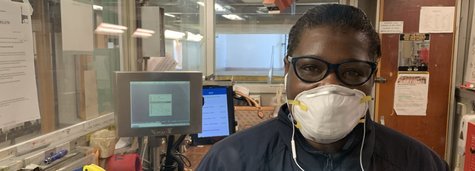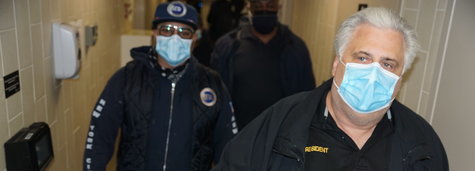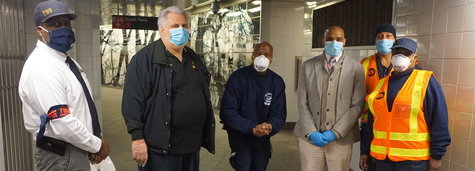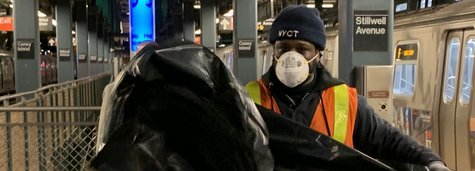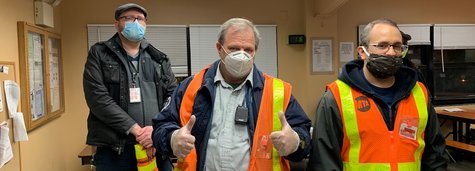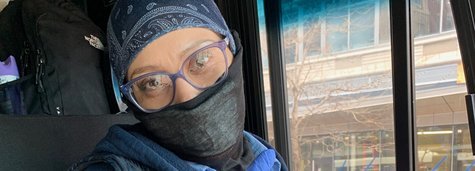Standing Room Only Crowd for Black History Celebration
Guests packed the third floor of Local 100’s new union hall at 195 Montague Street in Brooklyn for TWU’s 2014 Black History Celebration on Saturday Feb. 22, 2014.
For the first time, the union’s Black History event was co-sponsored by the New York Chapter of the Coalition of Black Trade Unionists (CBTU) alongside TWU Local 100. Special guests included Bill Lucy, the founder and first President of the national CBTU, and John Bland, TWU’s International Administrative Vice President and a stalwart of the civil rights movement in Houston, TX. Brooklyn Borough President Eric Adams, New York City Public Advocate Letitia “Tish” James and City Council member Robert Cornegy also attended.
Local 100 President John Samuelsen, Secretary Treasurer Earl Phillips, Recording Secretary Latonya Crisp Sauray, Administrative Vice President Angel Giboyeaux and Vice Presidents Maurice Jenkins and Tony Utano attended, as did TWU International President Harry Lombardo and International Vice President and Transit Division Director Jerome Lafragola. Current CBTU national President Terry Melvin, who is also Secretary Treasurer of the New York State AFL-CIO, was on hand as well.
Newly elected CBTU/New York Chapter President Charles Jenkins, an elected Local 100 officer from MOW/LES and a member of the Local 100 staff, served as emcee. Co-hosts were TWU Local 100 VP for Stations Maurice Jenkins and TWU Local 100 Senior Director of Operations Curtis Tate.
Jackie Roe-Adams, a Local DC 37 President, began the program with a beautiful rendition of the Negro National Anthem.
Bill Lucy, the retired Executive Vice President of national AFSCME, spoke about the founding of CBTU in 1972 as a means to insure that the concerns of black workers were being heard at the highest levels of the labor movement. Lucy said that his frustration over the AFL-CIO’s decision to remain neutral in the 1972 presidential election prompted his decision to form the organization. Over the past four decades, CBTU has served as a springboard for advancement of black labor leaders in the movement.
Texas native John Bland spoke about his involvement in helping to found the Martin Luther King-inspired Progressive Youth Association during his days as a student at Texas Southern University. That movement effectively battled Jim Crow through peaceful demonstrations in the early 1960’s. John’s activism played a key role in facilitating the racial integration of lunch counters, movie theaters and other community establishments in Houston.

